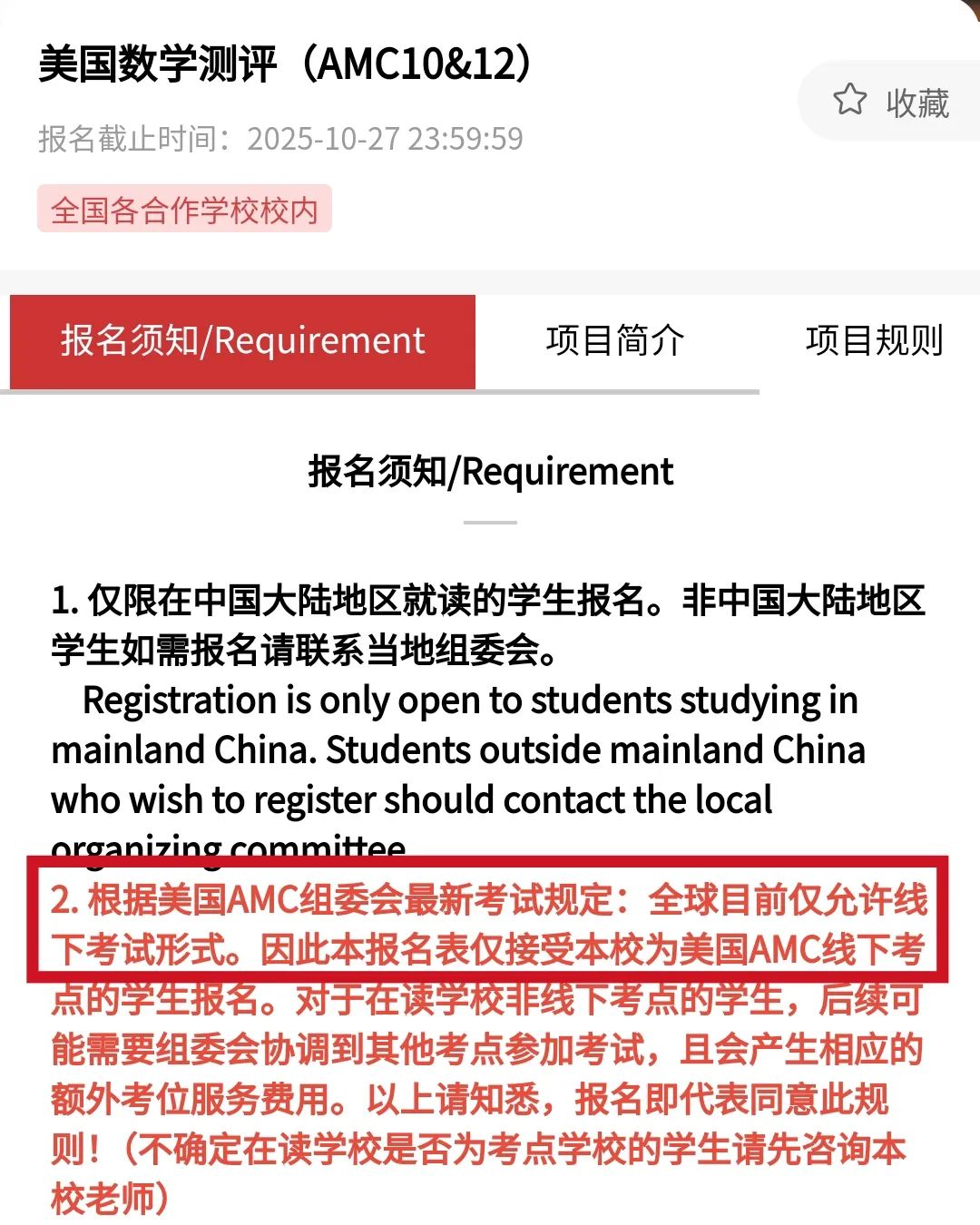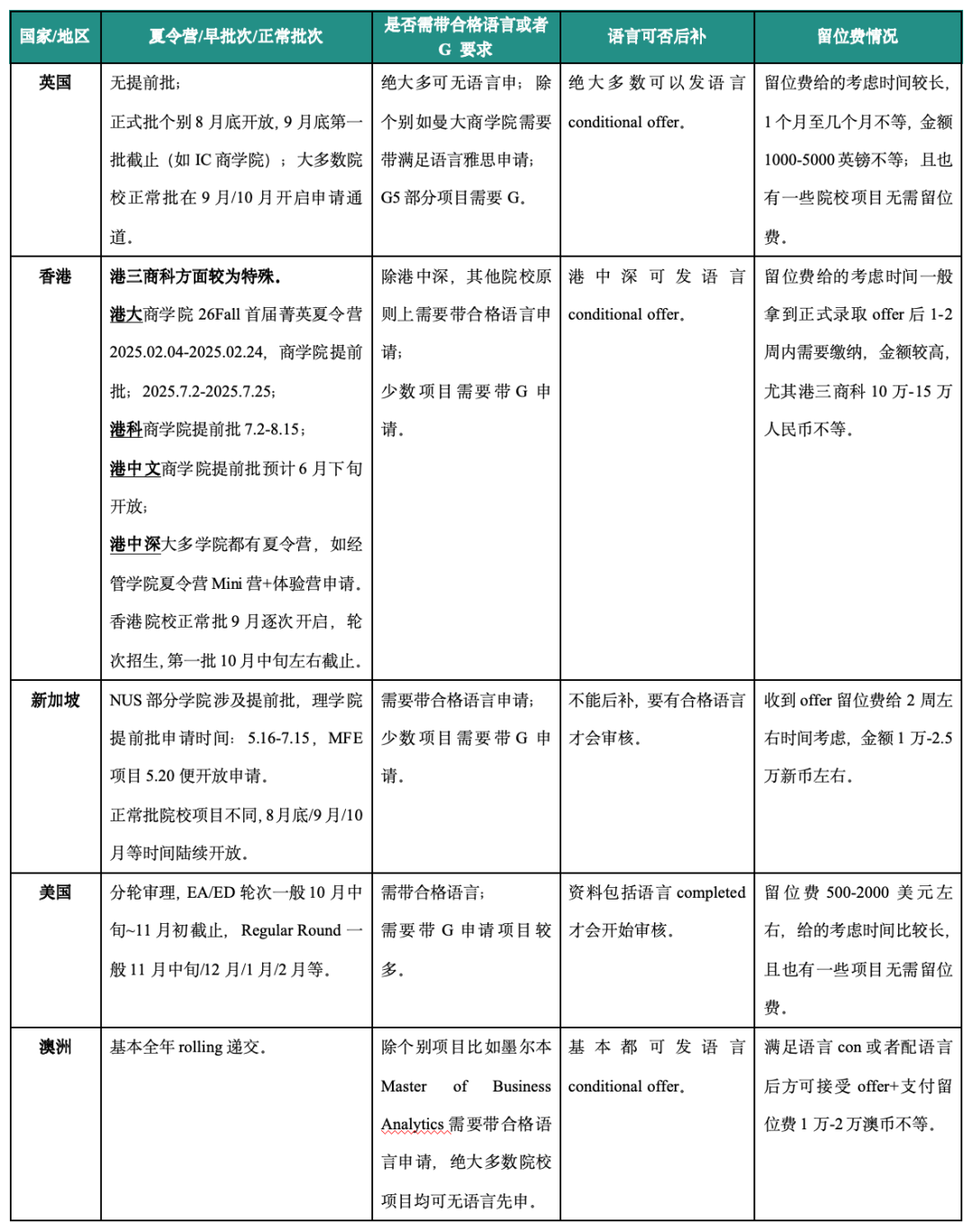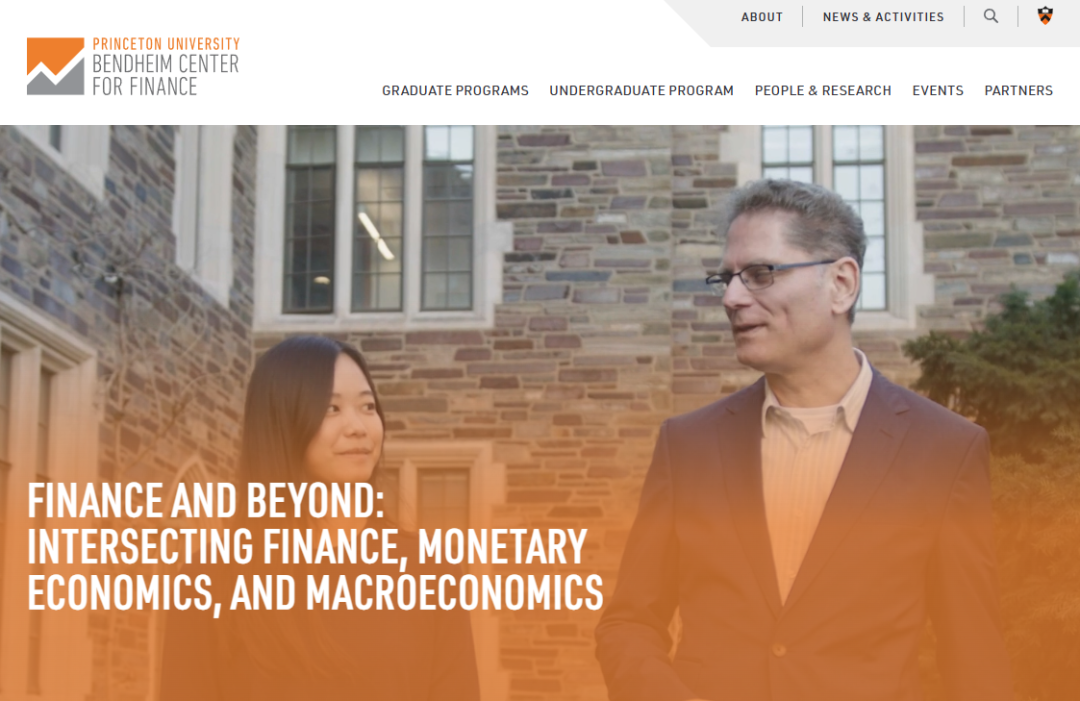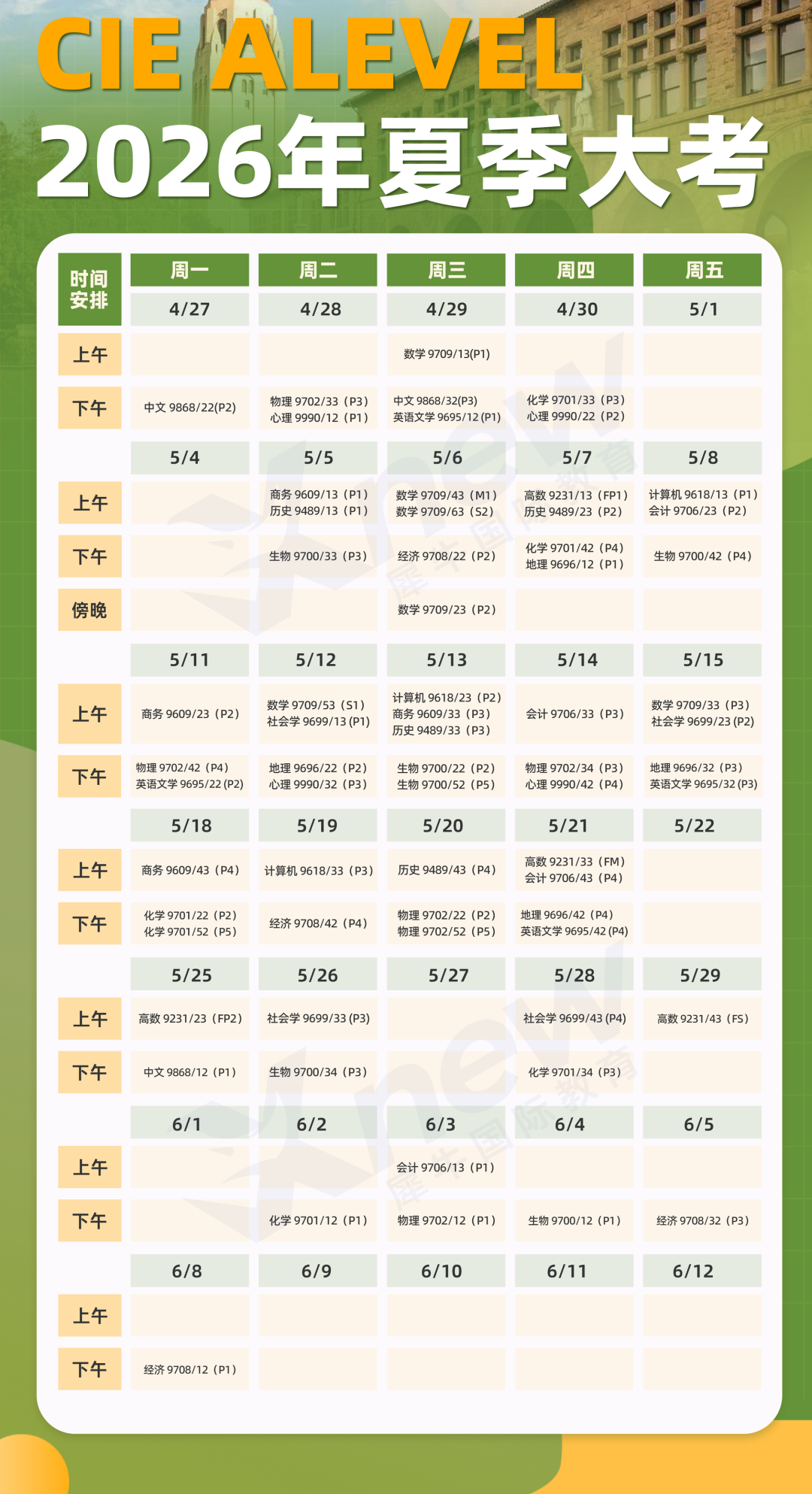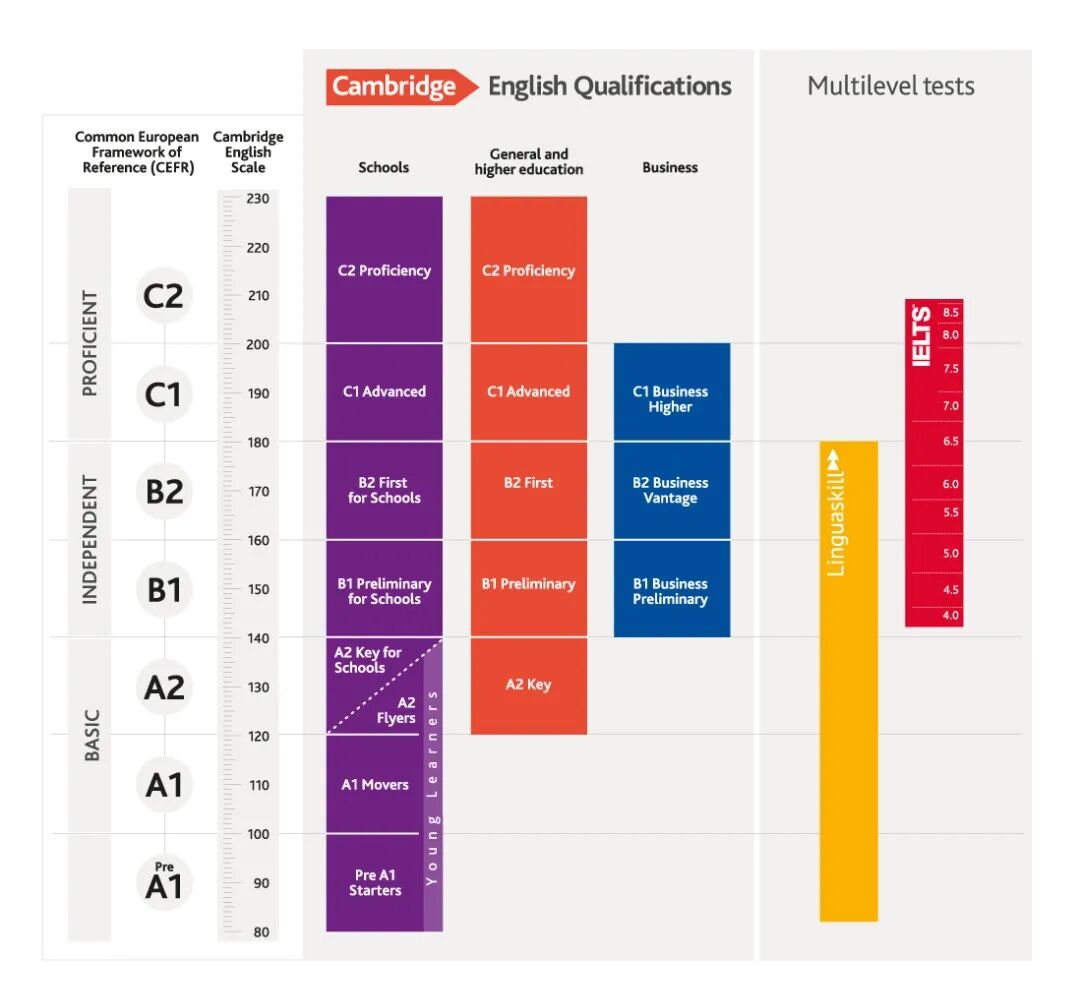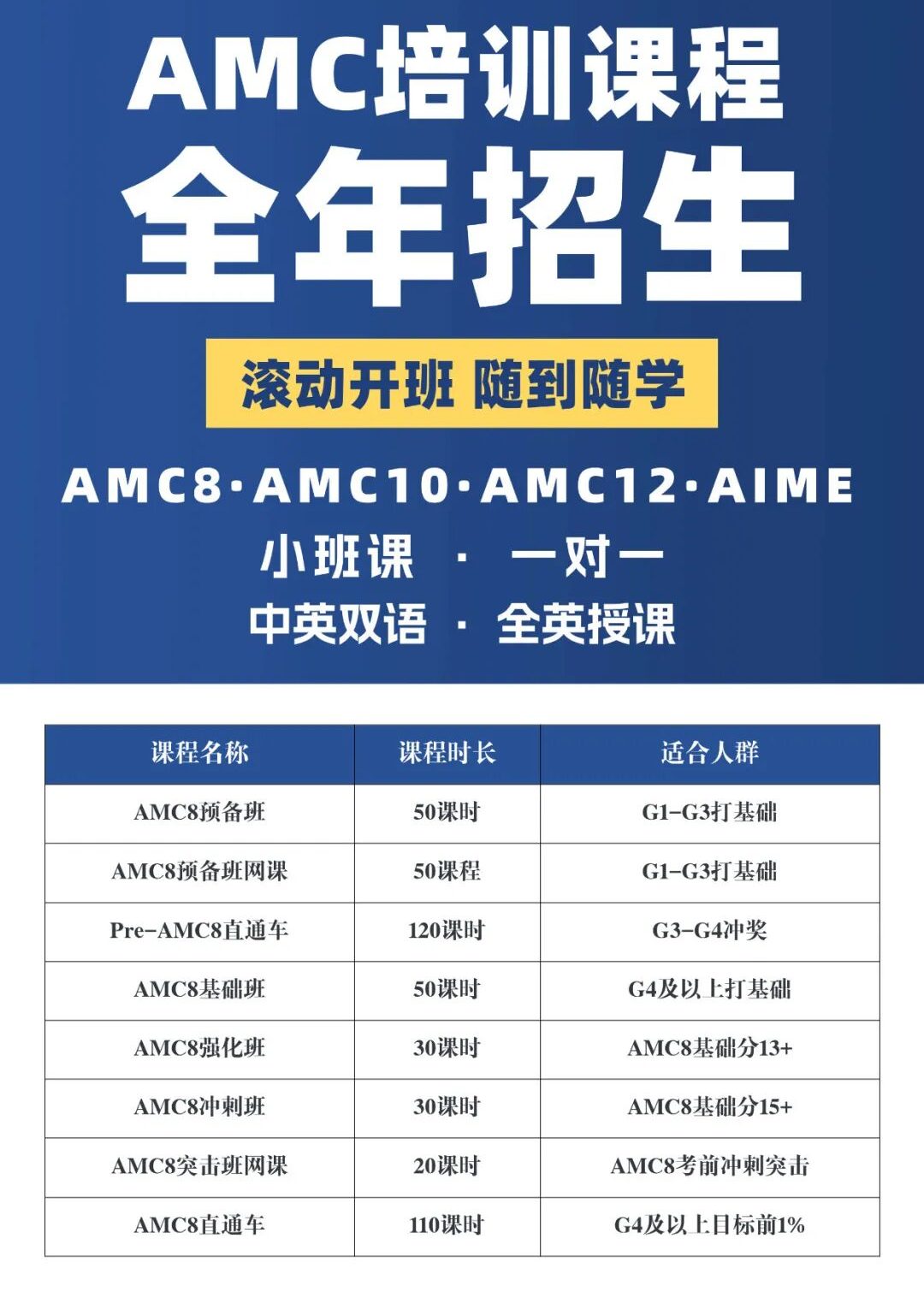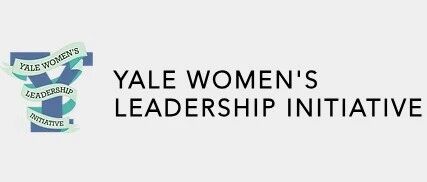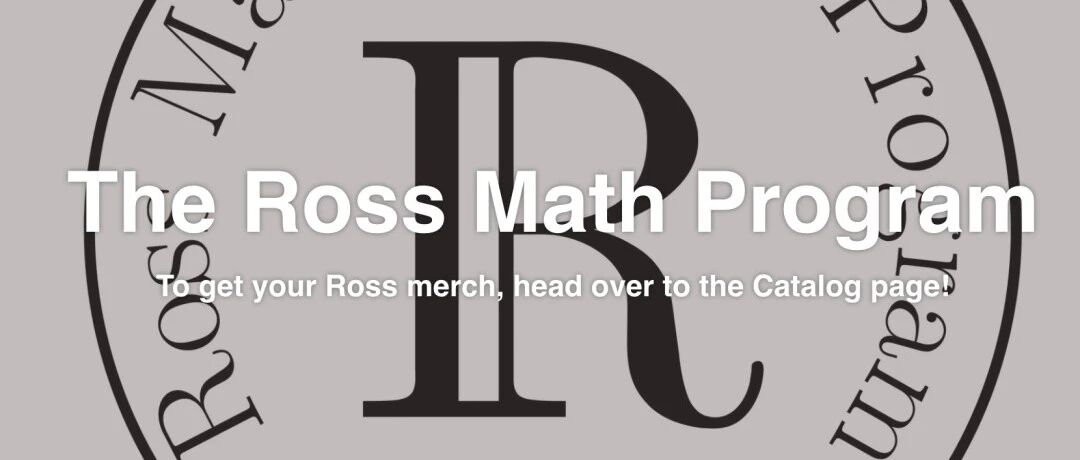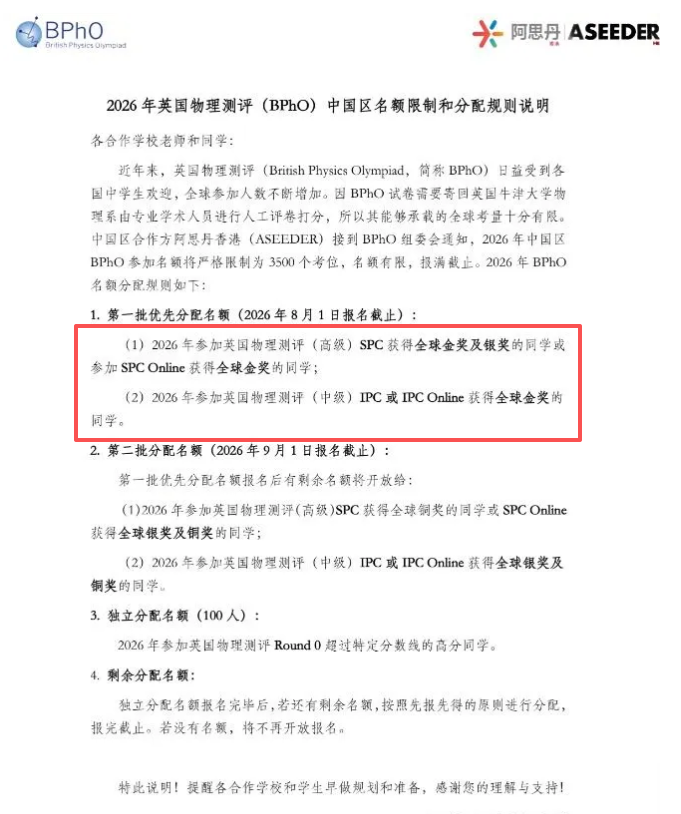申请美本院校,文书是一大特色。
由于每个学校招收学生的偏好都不一样,所以申请不同学校对文书的要求也会不一样。
要想写到梦校的“心巴”上,可不能直接套模板,而是需要摸清招生官喜好,对症下药!
要了解梦校想招怎样的学生也不难,除了看官网公布的新生画像,还可以找找有没有学校公布的文书范例。
之前机构分享过:
● 哈佛每年都会在校报《深红》上公布10篇年度优秀申请文书
● College Essay Guy网站发布的《录取顶尖名校的25篇优秀文书范文》
这些都是顶尖大学为申请者们“开的小灶”,其中不仅有文书原内容,还有招生官的点评,无论是不是自己梦校公布的范文,文中的闪光点都可以学习借鉴一下~~
今天,我们再来看一所知名大学发布的文书范文——
纽约大学此次公布了Common App主文书最受欢迎的3大主题的范文,分别是:
● 个人身份与成长
(如文化背景、特殊才能等塑造你独特性的元素)
● 问题解决与影响力
(通过具体案例展现你的行动力和创新思维)
● 完全开放的自由选题
(最适合展现无法被归类但极具个人特色的经历)
范文一共4篇,主要聚焦于文化认同、社会公平、艺术、学术成长等4大方向,包含偏好与解读,想要申请纽约大学的小伙伴赶紧码住哟!!
Essay 1:Santería
文化认同类文书 需注重成长轨迹
文书题目:
Some students have a background, identity, interest, or talent that is so meaningful they believe their application would be incomplete without it. If this sounds like you, then please share your story.
学生范文:
In her cramped kitchen, Titi Nana cracked the egg in the center of the pan, the cheeriness of the bright yellow yolk contrasting the harshness of the caldero. In a flourish, she jerked the bottle of alcohol in her hand, flames erupting from the griddle. She instructed me: "Wipe it all off," gesturing to dust off my shoulders and arms into the inferno. I laughed nervously as I removed the maldad [evil] from my body, one brush at a time.
I left Titi's apartment that day confused about how our family's practice of Santería [witchcraft] fit in with my outward embrace of my heritage. I felt as if the parts of my Latina identity I claimed openly -- dancing salsa to Celia Cruz or enjoying lechón y arroz con habichuelasen Navidad -- were contradicted by my skepticism towards Titi's rituals. My experience with Santería wasn't new, as proven by my mother's kitchen altar lit dimly by prayer candles and adorned with evil eyes, statues of San Miguel, and offerings to Elegua; however, I'd never before witnessed such a tangible demonstration of my family's ritualistic beliefs. Although it surrounded me, I refused to believe in the effects of Santería... so I shunned it entirely.
Moving to a predominantly white boarding school and away from the rituals my family had passed down, I avoided addressing the distance I had wedged between myself and my background. I pushed away all things Latina as my fear of failing to honor my Puerto Rican heritage intensified. This distance only grew as my classmates jokingly commented on my inability to speak Spanish and my white- passing complexion, further tearing away bits of my Latinidad with each snide remark.
In an effort to build myself back up, I began to practice the small bits of Santería that I comprehended: lighting candles for good luck, placing a chalice of water by my bedside to absorb all maldad, and saying my prayers to San Miguel and my guardian angels each day. To my disbelief, the comments that attacked my Latinidad, or lack thereof, faded along with the aching feeling that I had failed to represent myheritage. As I embraced the rituals that I initially renounced, I finally realized the power in Titi's practices. In all of her cleansing and prayer rituals, she was protecting me and our family, opening the doors for us to achieve our goals and overcome the negativity that once held us back. In realizing the potential of Santería, I shifted my practices to actively protecting myself and others against adversity and employed Santería as a solution for the injustice I witnessed in my community.
Santería once served as my scapegoat; I blamed the discomfort I felt towards black magic for the imposter syndrome festering inside me. Until I embraced Santería, it only served as a reminder that I wasn't Latina enough in the eyes of my peers. Now, I understand that while intangible, ethereal, even, the magic of Santería is real; it's the strength of my belief in myself, in my culture, and in my commitment to protect others.
独特而深刻的文化身份探索:
文章没有泛泛而谈“热爱文化”,而是聚焦于一个具体、独特且常被误解的文化实践——Santería。这展示了申请人真实的家庭背景和文化深度,避免了陈词滥调。探讨了身份认同的复杂性(公开庆祝vs私下怀疑、白人环境中的疏离),主题深刻且有共鸣。
引人入胜的叙事与生动细节:
开篇场景极具画面感和戏剧性(厨房、火焰、除厄),瞬间抓住读者。文中充满感官细节(蛋黄、蜡烛、水杯)和文化符号(Celia Cruz, lechón, 雕像),使故事鲜活可信,将读者带入她的世界。
展现显著的成长与成熟:
清晰地勾勒了情感和认知的转变弧线:从最初的怀疑、抗拒、身份危机(同学评价带来的痛苦),到主动尝试、体验积极效果(负面评论减少),最终到深刻理解(保护、力量之源)和主动应用(保护自己、服务社区)。这种转变真实、有层次,展现了深刻的反思能力和成长潜力。
将个人经历升华至普世价值:
结尾将Santería的“魔法”升华理解为“自我信念、文化信念和为他人奉献的力量”。这不仅解决了个人身份困惑,更将其转化为服务社区、对抗不公的动力,体现了申请人价值观的成熟和社会责任感,完美契合大学寻找的“贡献者”形象。
这篇文书成功地将一个独特的文化背景转化为展现个人成长、深刻反思、成熟价值观和强大叙事能力的精彩故事。它不仅证明了申请人的写作功底,更揭示了她作为思考者、适应者和潜在社区贡献者的宝贵特质,远超简单的文化背景展示,让招生官看到一个真实、复杂、有潜力、有深度的申请者形象。这正是顶尖大学文书追求的效果。
Essay 2:Suburban vs Urban schools
社会公平类文书 需要立体的写作维度
文书题目:
Describe a problem you've solved or a problem you'd like to solve. It can be an intellectual challenge, a research query, an ethical dilemma-anything that is of personal importance, no matter the scale. Explain its significance to you and what steps you took or could be taken to identify a solution.
学生范文:
They talked about the past, but never the present. In my suburban schools, they talked about Martin Luther King Jr., and Harriet Tubman, and Rosa Parks, but for some reason, not Malik el-Shabazz. I use his chosen name because that's probably what he would've wanted and because Malcolm X was mentioned in passing. My ancestors had their own struggles with white people, but no generational impact that holds a light to American slavery. My parents come from a land I only know by name and the stories they tell, and whatever I can gather from Google Maps. While I am African, I mentally distanced myself from true African-Americans; I did not deserve pity for the unspeakable horrors, nor praise for their strength and hope in face of them. In my school, there were barely ever any black kids in my class, and no true African-Americans, so I was the sole focus during lessons on Blackness, where they'd look at me, or avoid eye contact. It wasn't until I transferred to an inner-city high school that I saw the truth. It wasn't until I went from the blue and glass monsters that rose out of the ground like mountains in my suburban high school, to the small brick building with gated windows in Boston, that I realized there were schools 20 miles away with mostly kids of color. They were not that different from kids in the suburbs, except for their choices.
I moved in with my dad in Boston, transferring to a small school in the city. In three months at my suburban high school, through a rotating schedule in a labyrinth of opportunities, I needed my schedule every day. On my 3rd day at my Boston school, I knew exactly where to go. For the first time, my schedule was given, not created. The gated windows intimidated me on my first day, and I thought the kids would be crazy or "hood". What I really discovered was a lot more of them looked like me. There were over 200 students at this school, almost entirely students of color, and a majority white staff. There were no real electives and only one language available at the school. I had to go back a year in math because the system wasn't designed for students ahead in other districts. We didn't even have a full-time nurse. Students take public transportation, and kids from three different schools had to fit on buses that fit 38 people. Some bus drivers did not care enough to get every student on board. The ones that did broke federal guidelines. For lunch, every student in Boston is qualified for free meals, a fact frequently thrown around like an accomplishment, but in truth, the lunch is worse than prison food. I've seen kids search for seconds of this stuff, while students in the suburbs complain about "limited" choices.
So, what's the difference between inner-city schools and suburban ones? Well, it's a series of simple decisions, compounded into disastrous circumstances. I'm afraid the real question is, what's the difference between inner-city kids and suburban ones? The only difference I've seen is that most suburban kids look like the founding fathers we learn about in class, and most of the inner-city kids look like the slaves they bought and bruised. My experience at three vastly different high schools has shown me these problems in educational disparity are closer to home than we think, a crucial misstep in correcting the wrongs of this country. These experiences have given me a unique perspective, and a responsibility to act. I'm planning a protest when schools open back up, which isundefined. There are solutions to these problems, but inaction perpetuates. As King once said, "the arc of the moral universe is long, but it bends towards justice." Almost 70 years after Brown v. Board of Education, equality hasn't been achieved, so we'll fight to achieve it.
深刻的社会洞察与批判性思维:
文章敏锐地揭露了美国教育体系中的结构性不平等,不是抽象议论,而是通过强烈、具体的个人经历对比(郊区“玻璃怪物” vs. 城市“铁窗校舍”,课程选择、资源、交通、午餐质量)让问题触目惊心。作者展现了极强的观察力和社会批判意识,将个人经历升华到系统性不公的高度。
独特的身份视角与成长弧线:
作者以非洲移民后代而非非裔美国人的视角切入“黑人性”(Blackness)的讨论,坦诚最初的自我疏离感。转学经历成为关键的“觉醒”时刻,不仅让他直面种族隔离的现实,更深刻理解了非裔美国人经历的特殊性及其与教育不平等的联系。这种认知转变(从距离感到责任感)构成了有力的个人成长主线。
真实性与情感冲击力:
文中细节极具说服力和情感张力(被注视/回避的目光、寻找“监狱级”午餐的学生、超载的校车、课程降级)。这些未经修饰的亲身见闻避免了说教,使控诉更有力,更能引发共鸣。
行动导向与责任感:
作者没有止步于揭露问题或表达愤怒。他将个人经历转化为行动承诺和社会责任感。结尾引用马丁·路德·金并点明布朗案70年后的未竟事业,明确表达了推动变革的决心,展现了申请者作为潜在变革者的能动性。
这篇文书成功地将一次个人转学经历转化为对美国教育种族隔离和资源不平等的深刻剖析。它展现了申请者非凡的社会洞察力、批判性思维、对复杂身份的成熟思考、强大的共情能力以及最重要的——从觉醒到行动的决心。
招生官会看到一个思想深刻、观察敏锐、富有社会正义感和行动力的申请者,这正是NYU等顶尖大学寻找的、能为校园和社会带来积极改变的人才。文章将“问题解决”的命题巧妙地定位在“揭示并承诺对抗系统性不公”上,立意高远且极具说服力。
Essay 3:Friday Night Concerts
艺术类文书 需将感官与思辨结合
文书题目:
Some students have a background, identity, interest, or talent that is so meaningful they believe their application would be incomplete without it. If this sounds like you, then please share your story.
学生范文:
During my sophomore year, my dad and I established a Friday after-school ritual. My 90-minute commutes home from school are normally devoted to studying, but Fridays are reserved for listening to music with him. We alternate picking songs: a shared favorite or something new. These long car rides sparked my curiosity in music.
I began reading books about our favorite artists and roaming Spotify for hours, listening to a variety of new songs. My playlist ranged from The Beatles and Queen to Ella Fitzgerald, Debussy, and even Montserrat Caball. Most nights I lie in bed with headphones. Music is not background noise, but an immersive experience. I love to let the melody overtake me, to have the volume so high that I can hear every lyric, every crack and nuance in the singer's voice.
One night I was listening to Bohemian Rhapsody, completely captivated. I loved how the melody made me feel--thrilled yet distressed. I craved more. I wanted to participate, to obtain what felt like magic. So I hurried downstairs to our home piano -- an ancient Costco keyboard missing half the keys. I'd never played before, but was determined to learn the song. I first relied on Youtube videos, and soon progressed to other songs using just my ear. My parents, with enough convincing, agreed to buy me a used piano.
So my dad and I were back in the car. One bleak winter night, we pulled into a gravel driveway, the parking lot of an aging, shack-like store. My dad glanced over at me, raising his eyebrows. "I'll go in first."
The door creaked open, revealing a glossy black piano. It stood directly in the center of the room, twinkling,bathing in the blinding ceiling lights. I rushed to the piano, running my hands along the ivories, feeling their weight push against mine--oh the magic of a full set of keys!It wasn't long before I released the full potential of my weight, striking the first chord to Bohemian Rhapsody. Rich, smooth notes poured out from the piano, swirling through the air in bursts of color. They rushed through me, lit up my eyes, tugged at my heart, until I was completely consumed in their bright, pulsing waves.
I used to think grades were an estimation of my self-worth; I thought fixating on them would fulfill me, when, really, I was unhappy. Music brings me balance and joy. I love escaping through songs and fully absorbing theartists' pain or excitement. Playing the piano makes these emotions tangible, and it's empowering and liberating. It gives me something else to challenge and identify myself with. It gives me another source of fulfillment, one that's even more rewarding, because I pursue it independently.
I practice for hours every day, perhaps to the annoyance of my family. But I know they're proud, especially my dad. He's never one to shower me with compliments, nor belt along behind me at the piano. But I feel his pride when he blurts, "You should learn this song" in the car, or when he prompts me to play at holiday parties, his beaming reflection in the piano's lacquer.
I'm proud of myself, too. I don't know exactly what I want to do with my love for music or piano. I don't fancy myself as a concert pianist, nor do I strive to become one. I play for the feeling. I'll never tire of completing a song,when my heart sings and my eyes start to swim, because every note, every beautiful wash of color, I earned myself.
真挚动人,展现核心激情:
文章核心不是简单陈述“喜欢音乐”,而是通过具体、感人的细节层层递进,生动描绘了音乐如何从父子纽带演变为个人燃烧的激情。这种情感真实、深刻,极具感染力。
关键细节与画面感:
精选的细节构建出强烈的画面感和代入感,让故事跃然纸上,令人难忘。
深刻自我认知与成长:
文章深刻揭示了音乐对作者的意义——它是平衡学业压力的港湾,是挑战自我、寻找独立价值认同(区别于唯成绩论)的途径,是纯粹满足感与喜悦的来源。这种反思展现了超越年龄的成熟度和内省能力。
突出优秀品质:
自学钢琴、每日数小时坚持练习,展现了强大的内驱力、主动性和毅力。明确表达“不为名利,只为感受而演奏”,体现了独立思考与纯粹热爱。
主题鲜明,结构精巧:
紧扣“不可或缺的背景/身份”主题,以父子音乐之旅始,以父亲含蓄的骄傲终,结构完整,情感线索清晰。
该文书用真实故事、生动细节和深刻反思,成功塑造了一个立体、独特、充满内驱力的申请者形象。它完美诠释了题目,展现了音乐如何深刻定义作者的成长、价值观和幸福感,这正是顶尖大学寻找的“不可或缺”的品质。
Essay 4:Three-Headed Monster in ELA Class
学术成长类文书 最忌平铺直叙
文书题目:
Share an essay on any topic of your choice. It can be one you’ve already written, one that responds to a different prompt, or one of your own design.
学生范文:
I was sitting at my desk in freshman ELA class, as confident as America's Top Model walking down the runway. It was the end of class and I was excited to see how well I did on the first quiz of the year. My eyes were stalking my teacher as he walked through the aisles, passing back the quizzes. As was the case growing up, I couldn't wait for my teacher to put my quiz on my desk so I could flip it over for the world to see my A. Finally, the moment arrived. I flipped over the paper, expecting fireworks and confetti to come down when I locked my eyes on my grade. The only problem was that there was no A in sight.
All my life, I've felt pressure to achieve the highest grades to honor my mom's sacrifice. She walked away from everything she knew in the Dominican Republic so that we could immigrate to the United States when I was nine. Her goal was for me to receive a better education and have more opportunities. Getting below an A meant that I wasn't trying hard enough and that my mom sacrificed in vain. The pressure from my mom was so consuming that my perception of a successful education was entirely defined by grades. My most efficient strategy for earning A's was memorizing what my teachers taught me and spitting it back out on tests. Since this strategy was so effective, there was no need worrying whether I learned the material or not. I was getting great grades and my mom was pleased, so I was content.
I stared at the C at the top of the quiz like a three-headed monster. My world was crashing down. My first thought, which I quickly dismissed, was that I needed to transfer. However, I'm not the type of person to run from a challenge. I started to rethink how I could engage the course material, rather than simply memorize it. It was clear that my old ways had gone extinct. Instead of cramming, I began studying a week before an exam. Instead of expecting to master a skill when the assessment came, I sought feedback on my progress weeks before the assessment in order to improve. After implementing these new strategies, I not only earned A's again, but I was able to gain life-long learning skills.
I now have the knowledge and mastery of skills to succeed in college. Now that I recognize the true learning process, I have the power to continue to strive for success. When I took Biology in high school, I was fascinated by being able to develop an in-depth understanding of our bodies and the world around us. Biology allowed me to think critically and to see beyond the surface. Specifically, I enjoyed having the opportunity to apply my knowledge in labs by generating hypotheses and testing them. I'm looking forward to taking advantage of your resources to participate in research and prepare for a career as an anesthesiologist.
I aspire to be an anesthesiologist because I hope to help people ease their fears and pain when going into surgery. I recognize that becoming an anesthesiologist is a difficult task, but thanks to lessons I've learned, I'm excited to overcome challenges thrown my way the same way I overcame my struggles in ELA class. Facing that challenge, and discovering the power of learning, helped me grow immensely. Truthfully, there will always be fireworks and confetti in my head at the sight of an A, but I now recognize that the learning is far more lasting than an A.
强烈的叙事张力与情感共鸣:
开篇用“超模走秀”的比喻铺垫极度自信,与看到“C”成绩时的“世界崩塌”形成巨大反差,瞬间抓住读者。清晰揭示成绩压力的深层根源——母亲移民的巨大牺牲和对辜负这份牺牲的恐惧,使“C”的打击远超学业本身,情感真实动人。
展现核心成长与学习能力:
“C”不是终点,而是催化剂。文章核心聚焦于作者如何主动反思并彻底改变学习方法。强调通过这次挫折获得了“终身学习技能”。这比单纯重新拿“A”更有价值,展示了适应力、自省力和解决问题的能力。
清晰连接过去、现在与未来:
将克服学业挑战的经历(ELA的“C”)与应对未来职业挑战(成为麻醉师的道路)明确关联,体现了从挫折中汲取力量并将其转化为追求高难度目标的动力。表明了其韧性和对挑战的积极态度。结尾点明核心领悟——学习的价值远超成绩本身(“学习远比A更持久”),展示了成熟的价值观和真正的求知欲。
这篇文书成功地将一次学业失利转化为展示申请人核心竞争力的故事。它超越了描述兴趣或成就,深刻揭示了面对重大挫折时的韧性、深刻的自我反思能力、学习方法的实质性转变,以及如何将克服困难的经验转化为追求更高目标的动力。它清晰地展现了申请人具备了在大学乃至未来医学领域取得成功所必需的成长型思维、适应能力和内在驱动力,完美回答了题目。
四篇文书均未空泛说理,而是选取生活中的具体经历展开;强调个人在经历中的成长是文书的核心思路。不管是对于自身文化背景的疑问与接纳,还是学习技能的掌握与精进,申请者的反思能力和可塑性,这正是美本申请中大学看重的品质。
在此基础上,以上范文都体现出强烈的社会责任感,展现出申请者积极向上、乐于奉献的价值观。通过真实的情感表达,范文作者们迅速拉近与读者的距离,让招生官能够感受到申请者的真诚。这些文书共同证明,真实的故事比‘完美人设’更具感染力。
在顶尖名校的申请角逐中,一份真正能打动招生官的文书,绝非华丽辞藻的堆砌,更不是千篇一律的模板。它需要精准呈现你独一无二的学术热情、成长轨迹与未来潜力。
拒绝杜撰与空洞包装,机构坚持从你的真实经历、课堂所学与专业兴趣出发。导师们将与你深度沟通,抽丝剥茧,将你的专业知识、课堂收获与个人体验有机融合,共同雕琢出逻辑严密、视角独特、充满个人声音的故事。





